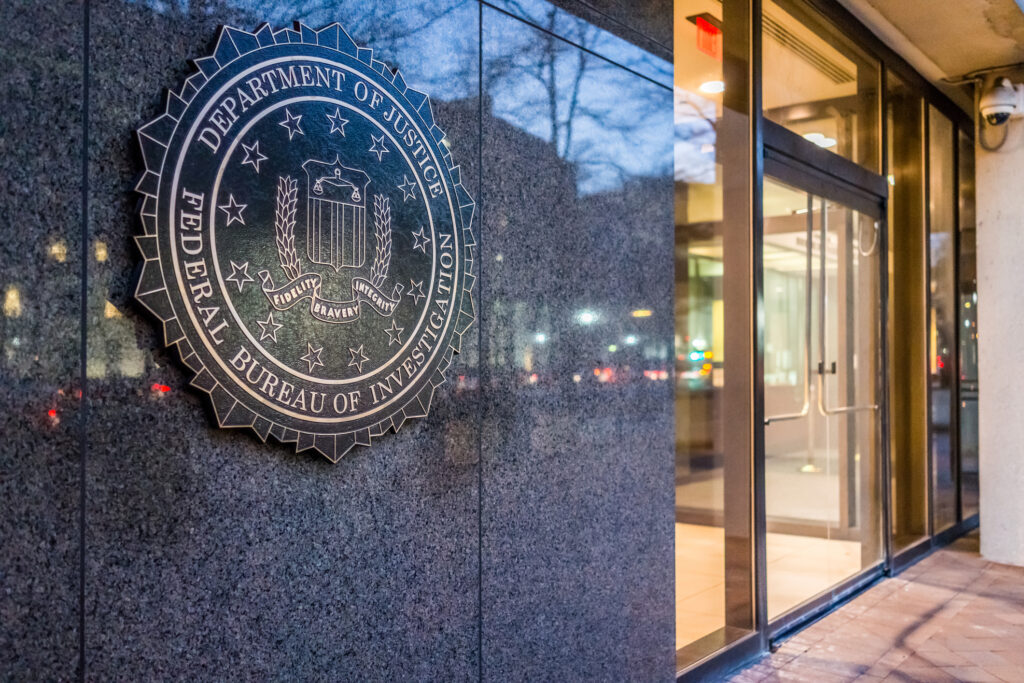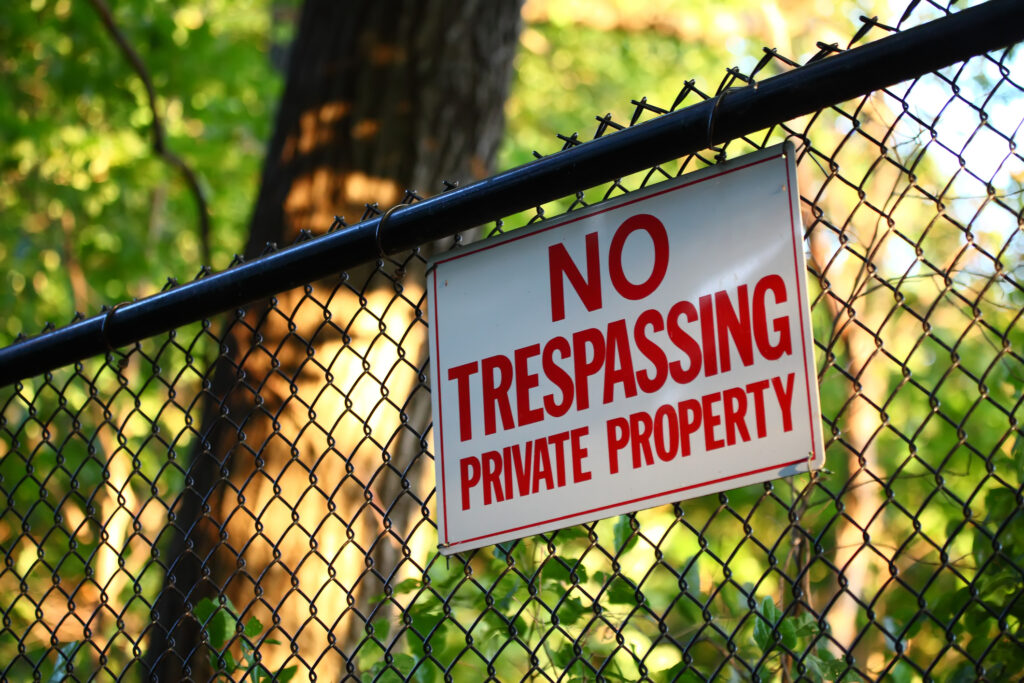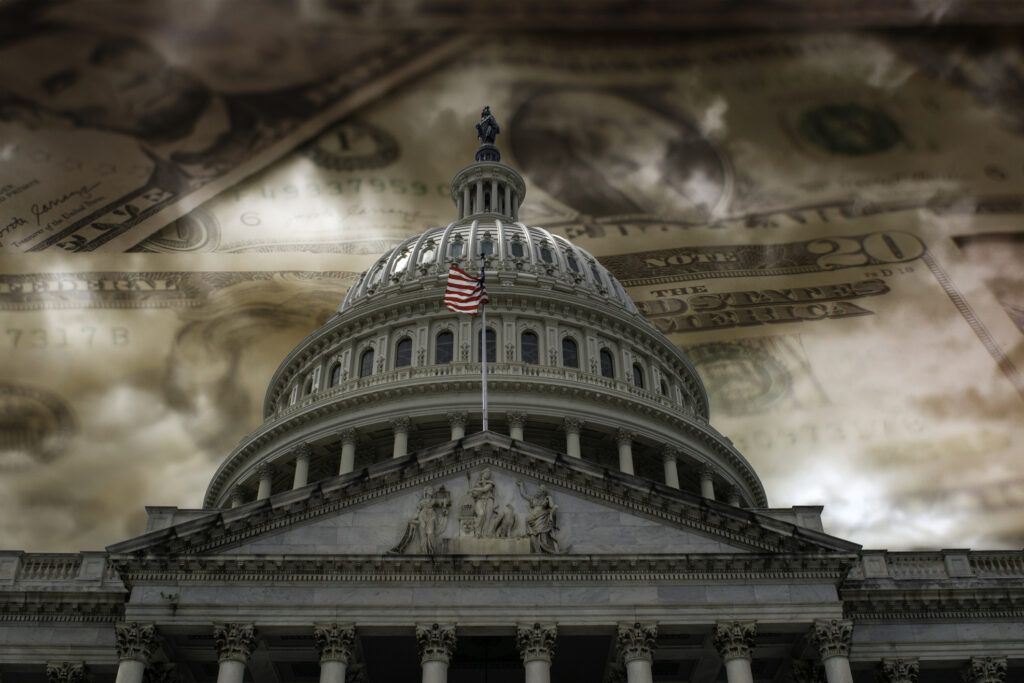Lawyers representing Netflix sued the City of Loveland, Colorado, alleging the government was violating state and federal laws by taxing streaming services. A Colorado state judge pulled the plug on the lawsuit just a few days later, after the city withdrew the tax assessment.
In August 2016, the City of Loveland Department of Revenue demanded the digital video streaming service Netflix pay $116,508.22 in sales taxes and late fees, claiming Netflix’s digital video transmissions to people living in Loveland were taxable as “tangible personal property.”
Lawyers representing Netflix sued the city’s Department of Revenue on October 3, 2017, alleging Loveland was attempting to apply sales taxes on physical goods to online streaming video transactions.
On October 26, the City of Loveland’s Department of Revenue rescinded the tax assessment, prompting Judge Thomas R. French of the Colorado Eighth Judicial District Court to dismiss the case on November 2 without ruling on the merits.
Taxing Electrons
Mike Krause, director of public affairs at the Independence Institute, says Loveland officials were hoping for free money from Netflix.
“Loveland was not claiming to have a physical nexus,” he said, referring to the legal principle limiting taxation to entities with a physical presence in the state levying the tax. “It’s actually the opposite. It seems to me like they are saying, ‘You’re sending your electrons into our city, so pay us.’ If Netflix had a physical location and had servers in the city, maybe that would make a little bit more sense. That’s not really the case here.”
“It seems to me that this problem, this interpretation of what’s just commonly accepted sales tax practices, [was] being flipped on its head by the city,” Krause said.
‘Wrongheaded’ Policy
Steven Greenhut, a senior fellow with the R Street Institute, says Loveland’s tax attempt was “wrong-headed.”
“The City of Loveland’s efforts to impose the sales tax on video streaming services is wrongheaded,” Greenhut said. “Netflix [was] right on point with its arguments: Local sales taxes are imposed on ‘the sales of tangible personal property that are also subject to the Colorado sales tax.’ Streaming services are not tangible, and buyers can receive the video on their devices anywhere.”
‘Notorious Over-Spenders’
City governments across the country often try to find new ways to tax consumers, Greenhut said.
“A number of California cities have also considered expanding their utility taxes to the streaming services, and Chicago has tried to use its amusement tax to nab consumers,” Greenhut said. “These are wrong too. Local governments are notorious over-spenders and are constantly looking for new ways to tax the citizenry.”




